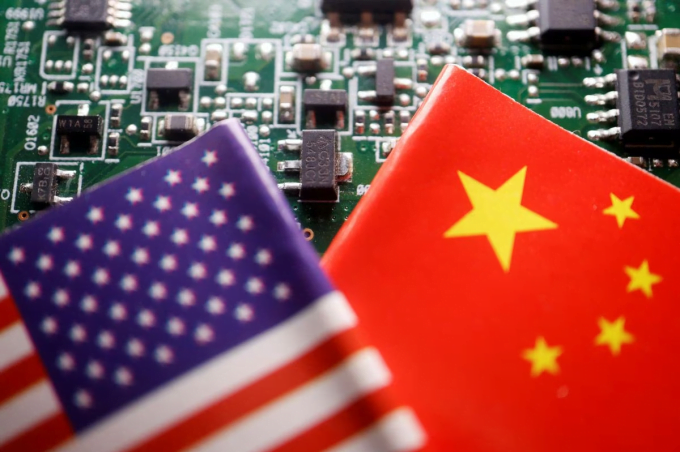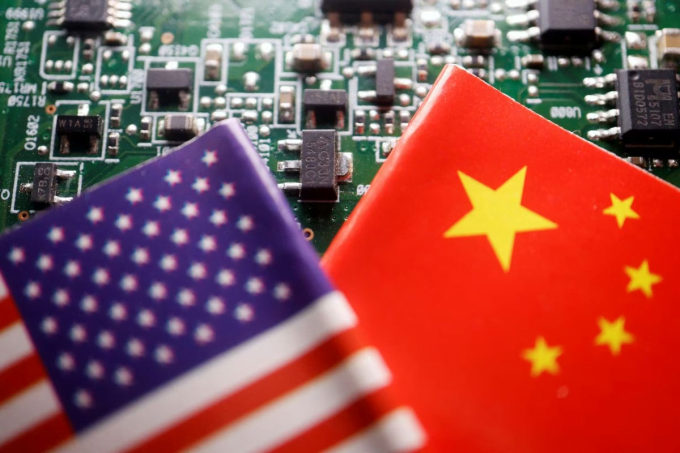
According to WSJ , Nvidia , the world’s leading AI chip design company, has completed delivery of this year’s Chinese orders. The company is continuing to try to deliver some 2024 orders early before the US ban takes effect at the end of November.
However, according to the content of the letter sent to Nvidia’s board of directors last week, the US government requested that the provisions of the ban be activated immediately. Therefore, chip purchase contracts with a total value of more than 5 billion USD from many large Chinese corporations such as Alibaba, ByteDance, and Baidu are at risk of being canceled.
The US move is expected to negatively affect China’s ambitions, especially in the field of AI development. The reason is that Nvidia’s new generation chips play an important role in the artificial intelligence training process. Therefore, any unit that wants to build a large language model (LLM), the core of an application like ChatGPT, needs these chips.
On the contrary, experts say that the ban also causes damage to the US. “In the long term, banning exports to China will cause the US chip industry to permanently lose opportunities,” said Colette Kress, Chief Financial Officer at Nvidia.

Flags of China and America photographed on the same semiconductor circuit board. Photo: Reuters
WSJ said Nvidia does not intend to ramp up production of the A800 and H800 chip lines in 2024. Instead, the company wants to make some adjustments in design and product perfection to serve the Chinese market, for example L40S chip. The Chinese side also proactively contacted Nvidia to increase purchases of this chip. However, the deal may fall apart because the L40s suddenly appeared on the newly updated export ban list by the US.
Analysts say Chinese companies will try to take advantage of inventory or use older generation chips to cope with the supply shortage. However, these alternative solutions may not be as effective. In a report last weekend, Bernstein Research estimated that using v100, a chip introduced by Nvidia in 2017, would increase China’s AI training costs by 30%, accompanied by huge energy consumption.
China still has other options to source domestically, such as Huawei’s Ascend 910 chip and Cambricon Technologies’ Siyan 590 chip. In addition, Baidu and Alibaba also conduct research to develop their own AI chips, while taking advantage of algorithms to optimize performance for older generation chips.
China’s Ministry of Commerce said the US ban “affects the normal operations of enterprises and undermines the international economic and trade order”. Meanwhile, China’s Ministry of Foreign Affairs said it was “very dissatisfied and opposed to the US placing investment restrictions on technology enterprises”.
Hoang Giang

Leave a Reply
You must be logged in to post a comment.